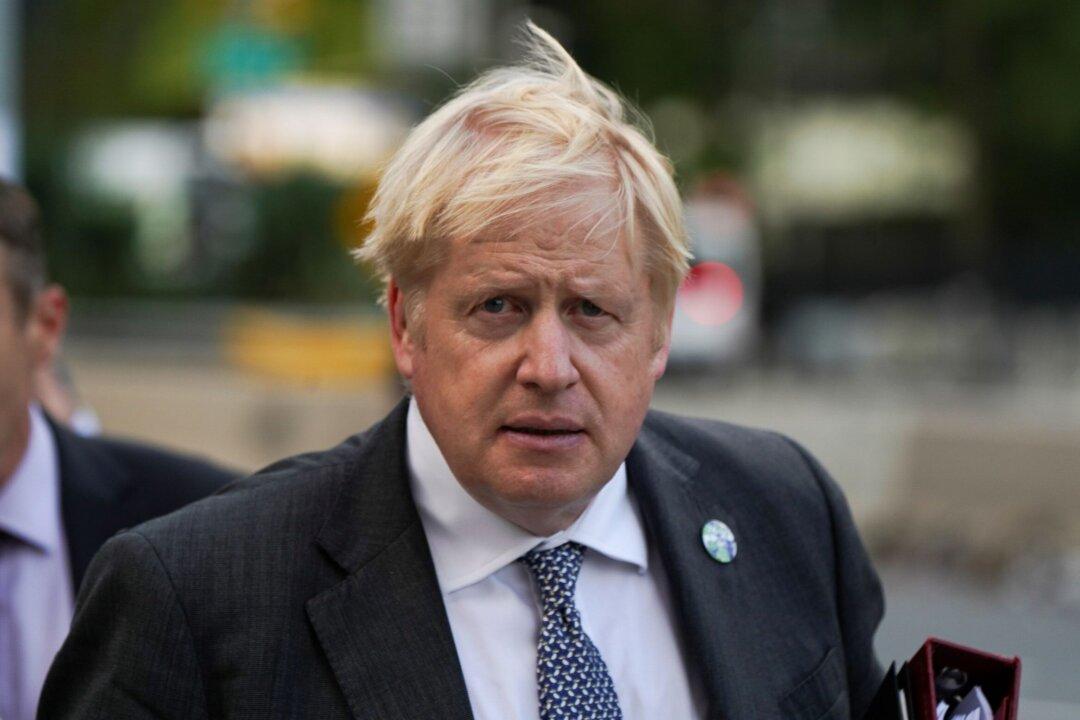The UK government has reversed the plan to overhaul the disciplinary process for MPs after it was derailed by an intense cross-party boycott.
Leader of the House of Commons Jacob Rees-Mogg said on Thursday that he would now seek “cross-party” changes to the system after Labour and other opposition parties refused to take part in a Tory-led committee tasked with the review.





